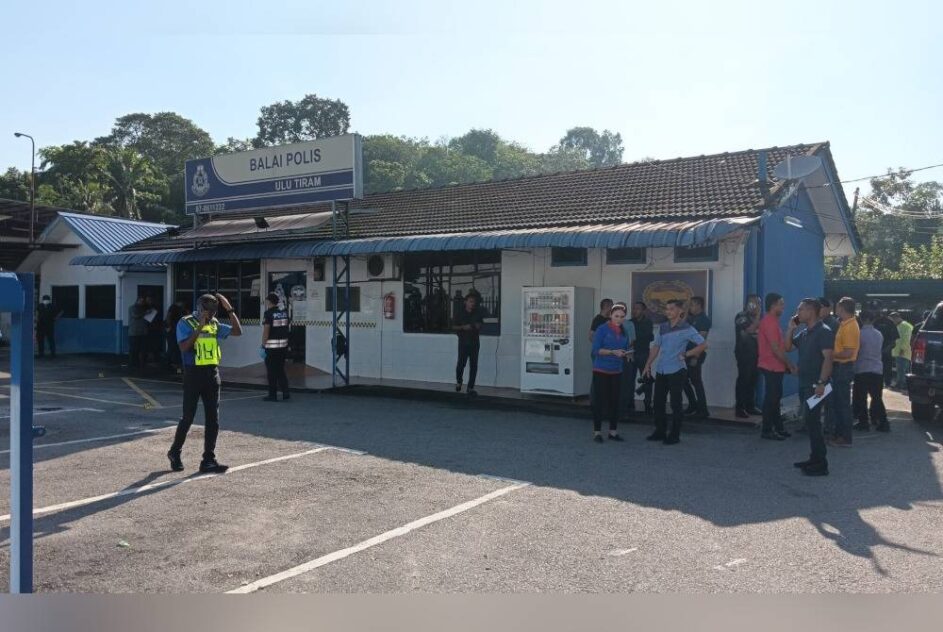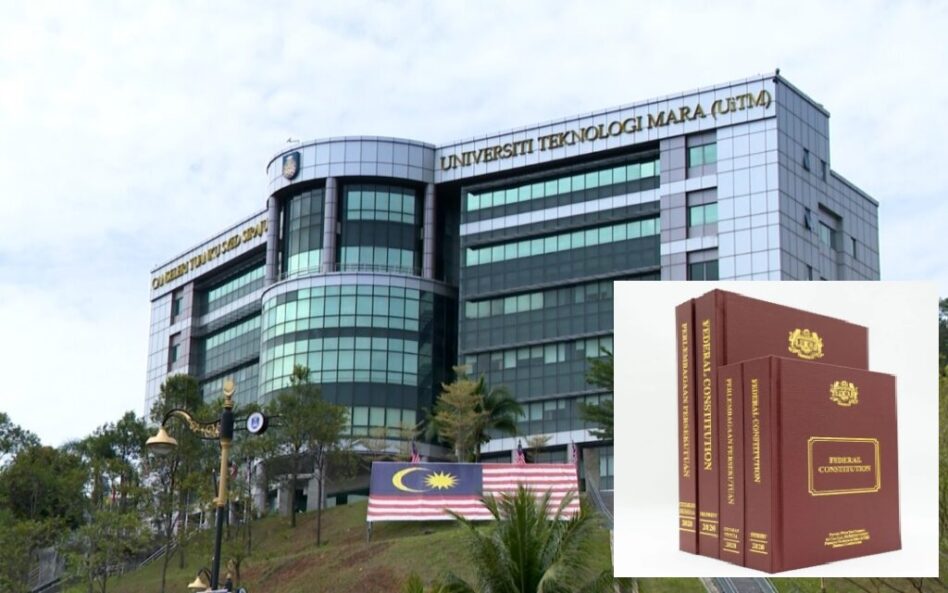SIME Darby Plantation said yesterday it was collaborating with the Malaysian Prison Department on a Corporate Smart Internship Programme (CSI) at Sime Darby’s oil palm plantations to provide technical and social skills training to parolees and supervised persons, who are nearing the end of their sentence.
The programme, Sime Darby said, would help the parolees and supervised persons prepare for a fresh start in life after prison and provide the opportunity for them to join the company upon completion of the parole period.
In a media statement, Sime Darby highlighted, since the start of the partnership in 2018, 40 parolees have joined Sime Darby Plantations operations in Sarawak while a total of 20 supervised persons have begun their training as part of the programme at Ladang CEP Renggam, Johor and Ladang Jabor in Kuantan, Pahang.
“The parolees have been given the responsibility to carry out general tasks at the oil palm plantations for a minimum of three months and above while the supervised persons are given six months and above, subject to the entire period of final release granted by the authorities,” Sime Darby said.
They were also offered incentives including a minimum salary of RM1,100, as well as overtime pay, if they were able to perform assigned tasks beyond the set target.
Sime Darby Plantation Berhad chief human resources officer, Zulkifli Zainal Abidin said, “Since 2018, we have wholeheartedly supported the Malaysian Prison Department programme, as we believe it is a good platform to bring about a positive change in our community.”
“At the earlier stage of this collaboration, we trained a total of 40 ODPs in Sarawak and currently, we are pleased to provide technical and social skills to ODS through our ‘On-the-Job Training’ (OJT) programme in Peninsular Malaysia.
“The palm oil industry is a labour-intensive industry and as such, the participation of members from the local communities into the industry’s workforce is always welcomed.
“The partnership with the Malaysian Prison Department through the CSI programme is certainly one of the ways that can help us shore up the demand for more workers at our oil palm plantations,” he added.
Earlier this month, it was reported that Malaysia’s labour-reliant palm oil companies were looking to recruit recovering drug addicts and prisoners to solve a severe shortage of migrant foreign workers as the coronavirus pandemic shuts borders and hampers output of the edible oil.
Travel and movement restrictions due to Covid-19 pandemic have left Malaysian palm oil producers grappling with a shortage of 37,000 workers, nearly 10% of the total workforce.
The Malaysian Palm Oil Association (MPOA) estimated the industry has lost up to 30% of its potential yield as the labour crunch delays harvesting, and pegged the country’s crude palm oil output to be much lower than last year’s 19.9 million tonnes. – Sept 25, 2020










